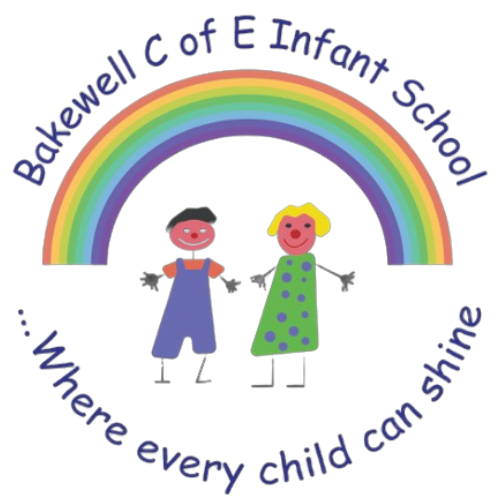Emotional Literacy Support (ELSA)
Emotional Literacy Support (ELSA)
We understand that children learn best when they feel safe, supported and understood. That’s why we offer the ELSA programme - a nurturing and structured approach to supporting children’s emotional wellbeing.
What is ELSA?
ELSA stands for Emotional Literacy Support Assistant. It’s a programme developed by educational psychologists to help children and young people understand and manage their emotions. The aim is to support emotional development so that children feel happier, more confident, and ready to learn.
ELSA is not just about talking through problems—it’s about building trusting relationships and teaching practical skills that help children cope with life’s challenges.
Why do we offer ELSA support?
Some children benefit from extra support with:
- Understanding and expressing their emotions
- Managing anger, anxiety, or stress
- Building self-esteem and confidence
- Developing social and friendship skills
- Coping with loss, bereavement, or change
ELSA sessions are designed to help children develop these skills in a safe, calm, and supportive environment.
Who runs the ELSA programme?
Our trained ELSA is Mrs Bethan Lloyd. She works closely with our school’s Educational Psychologist who provides ongoing supervision and guidance.
What does an ELSA session look like?
Children usually meet with an ELSA once a week for around 30 to 60 minutes. Sessions are carefully planned and may include:
- A check-in to see how the child is feeling
- A review of previous learning
- Fun and engaging activities focused on the session’s goal
- A gentle wrap-up to help the child return to class feeling calm and ready
Activities might include games, storytelling, art, or role-play—always tailored to the child’s age and needs.
How long does ELSA support last?
ELSA programmes typically run for half a term to a full term, depending on the child’s needs. Each programme has a clear focus, and once the goals are met, children may receive occasional follow-up support to help them apply what they’ve learned in everyday school life.
Some children may benefit from further support later on, with new goals and strategies.
If you’d like to know more about ELSA or think your child might benefit from emotional support, please don’t hesitate to contact us. We’re here to help every child thrive—emotionally, socially, and academically.
